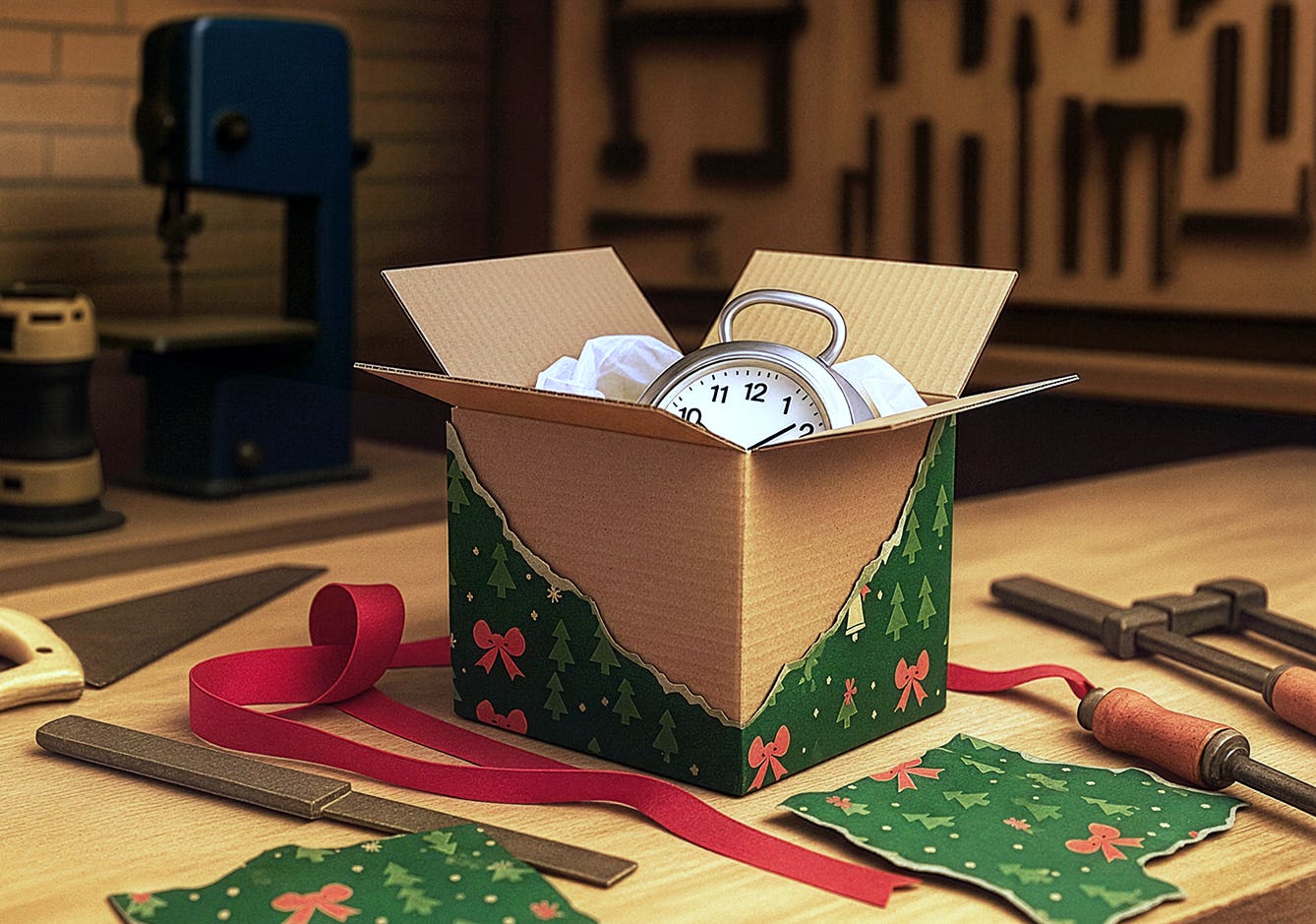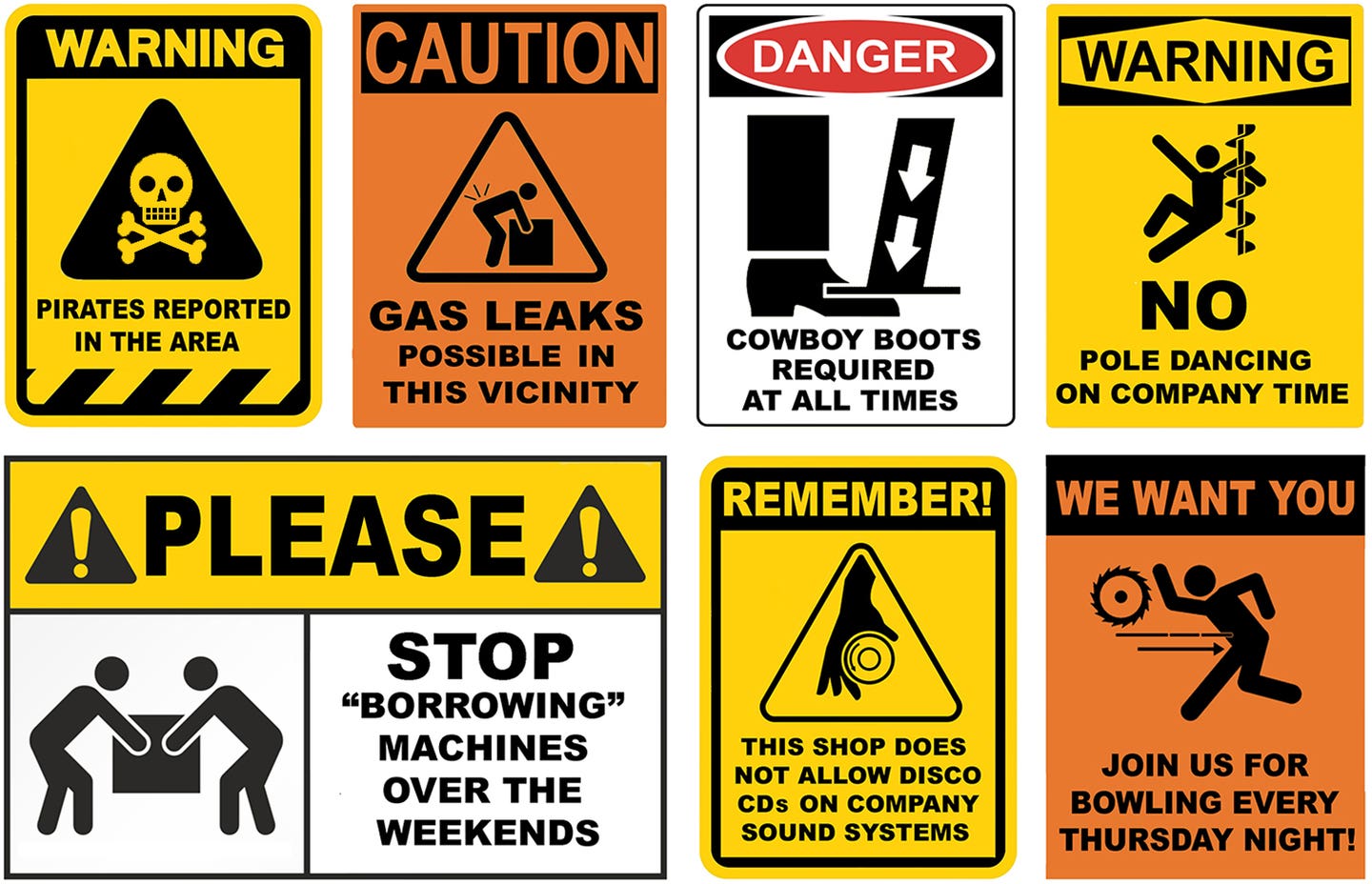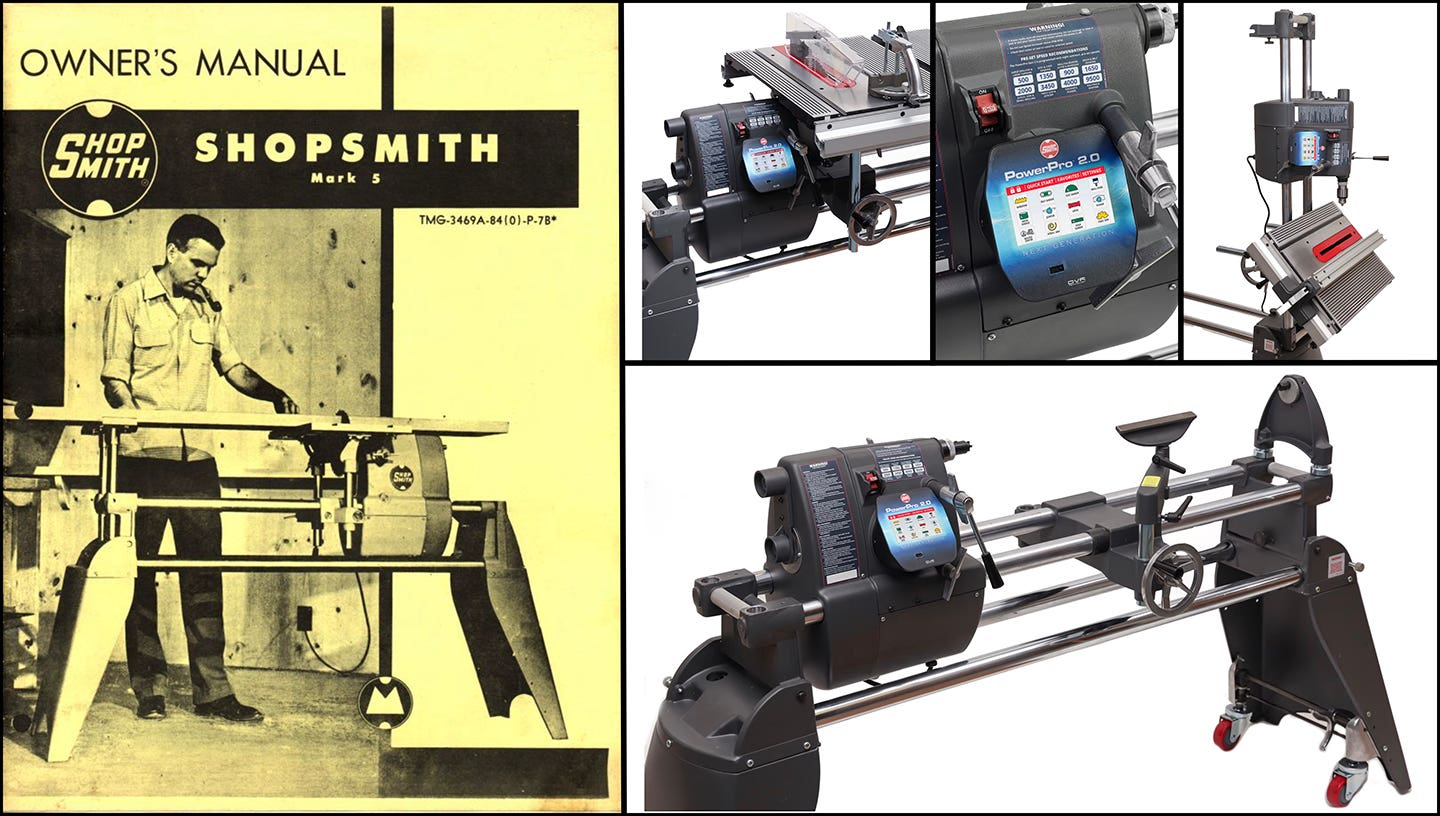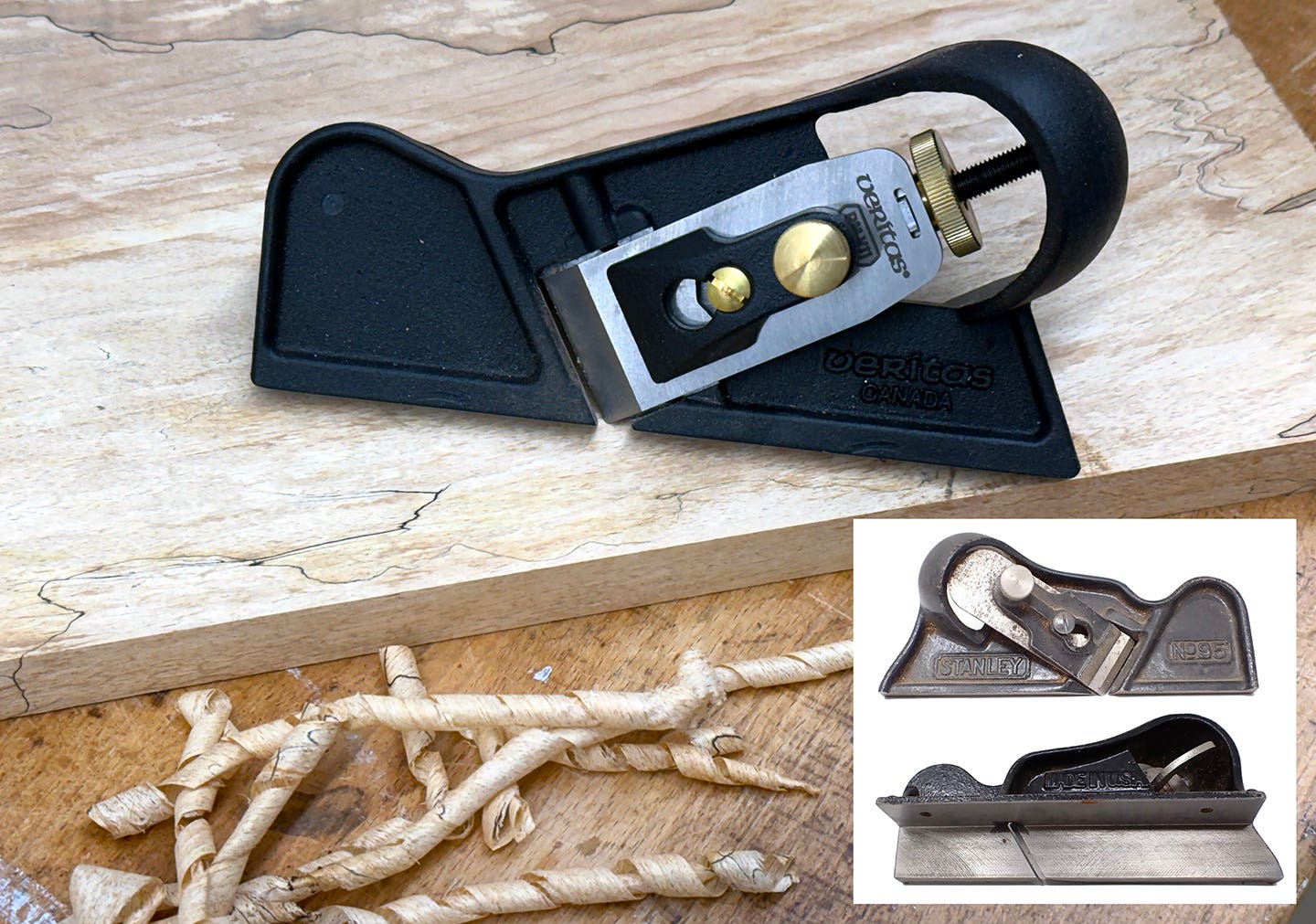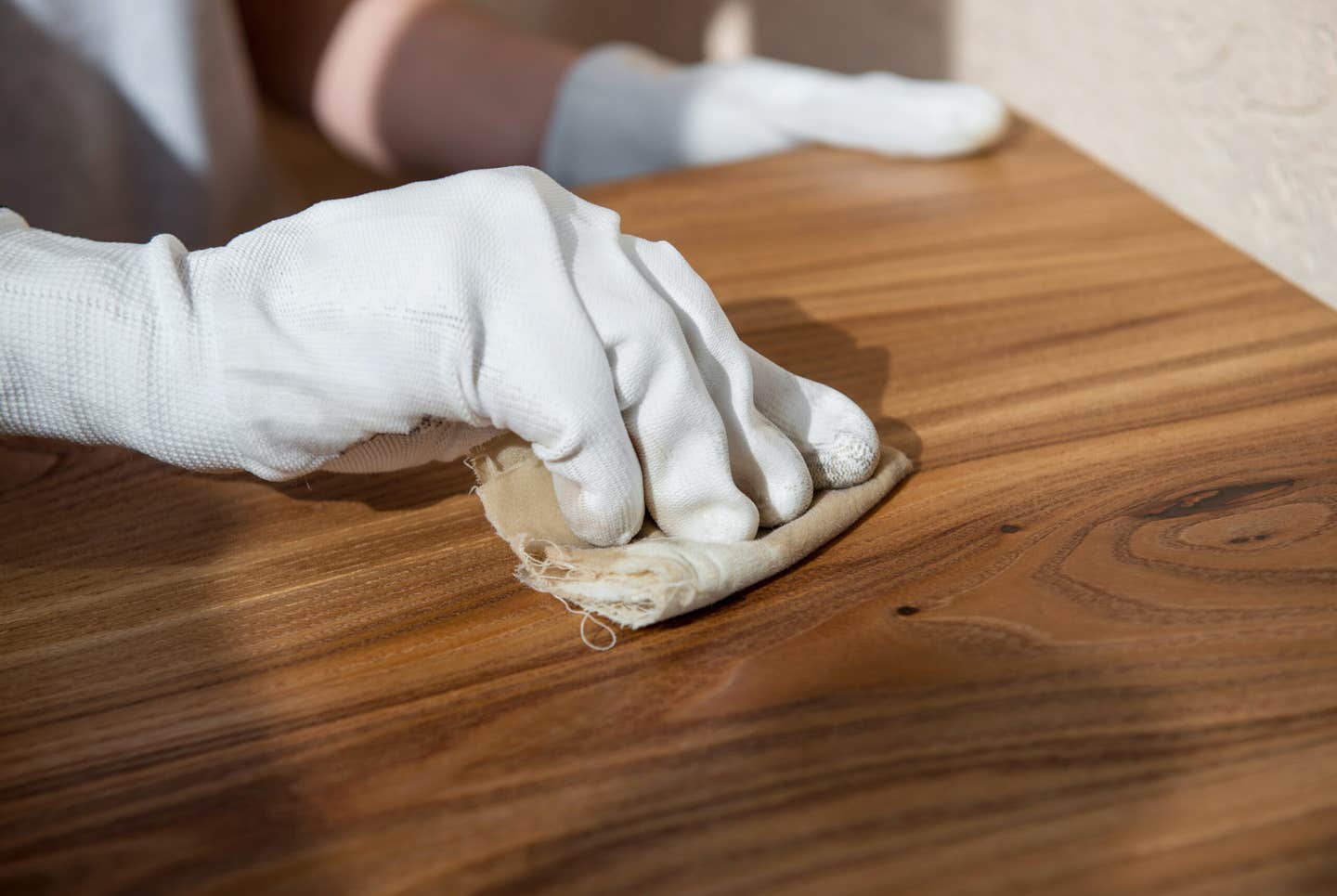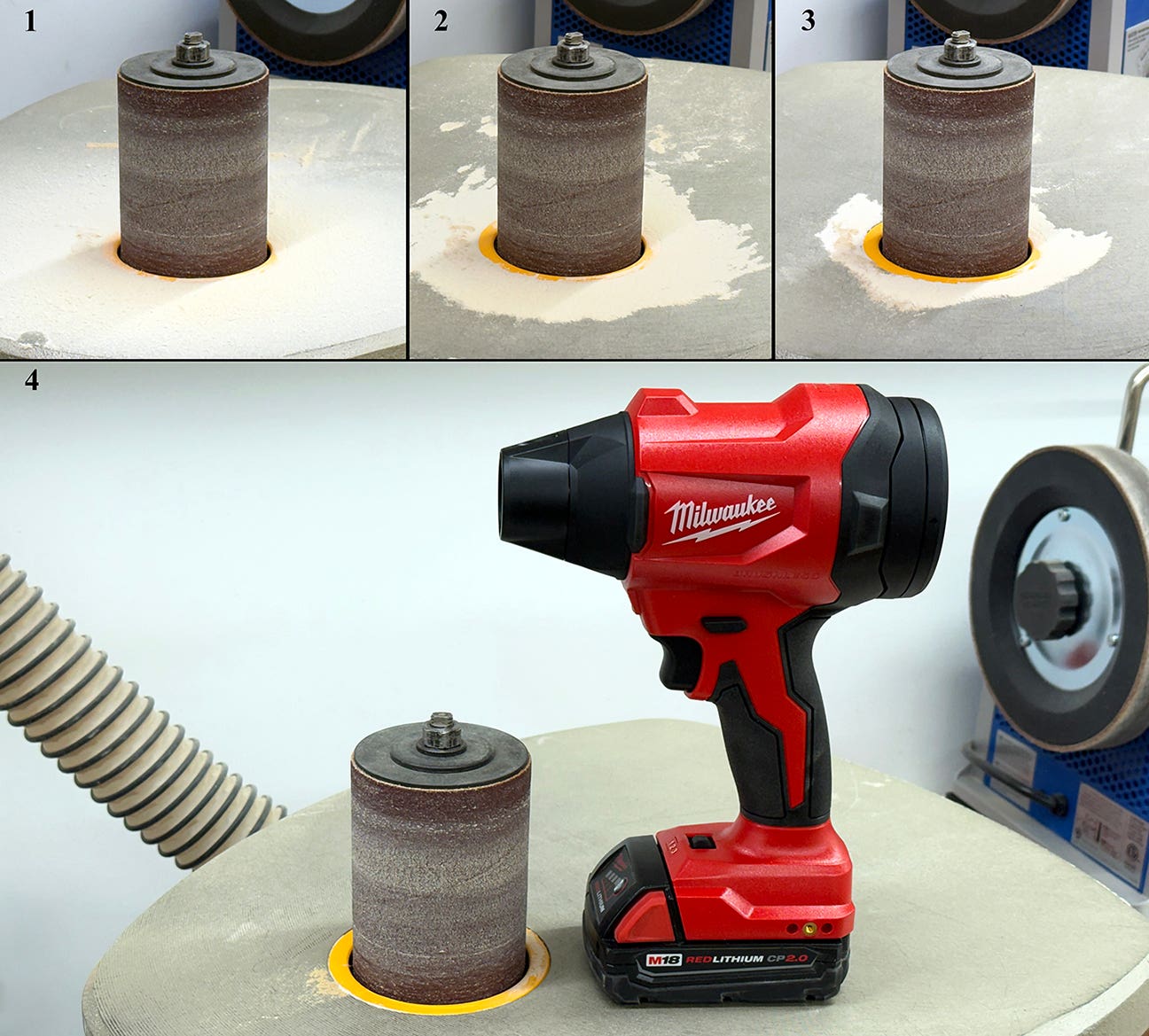How good are you at doing something? Let’s find out.
There are three ways to judge the quality of how you do something:
• Have a natural talent for a skill from the start
• Have no natural talent for a skill, but through education and practice become good at it
• Have no ability whatsoever for something, no matter how much you try
The first is rare, but we all know someone who can just pick up a pencil and draw a perfect sketch without really even trying, or someone with such perfect spatial awareness that with a single glance at a room they can design a perfect décor. I have a couple innate talents, some related to woodworking, some not. I’ve just always had a knack for doing these things, and with use and practice over the years have gotten even better.
The second is extremely common; in fact, it’s the normal way we all learn. I’ve also accomplished a number of these, but like everyone else I have to use these skills regularly to stay good at them.
The third isn’t quite as common, but it’s unfortunate when a particular skill is a necessary part of what you want to do, either as a vocation or a desirable pursuit. Yeah, I have a couple of these, too.
I’ve mentioned hand-cutting dovetails before, and how I’m terrible at it. No matter how much I learn or practice, I’ll never be comfortable or proficient doing it. I can make acceptable dovetails, but it takes me 10 times longer than it does someone else. (It also takes lots of sanding and cosmetic attention, too.)
As I wrap up my new workshop, I reluctantly add drywall plastering to the list of things I’ll never be proficient at. It’s simpler than dovetails, but no matter how many years I’ve been doing it I just don’t have the knack. Sure, if I take long enough and do enough sanding, the final project will look almost professional.
But, like hand-cut dovetails, I could never do it without a lot of time, and even more sandpaper.
A.J.
A.J. Hamler is the former editor of Woodshop News and Woodcraft Magazine. He's currently a freelance woodworking writer/editor, which is another way of stating self-employed. When he's not writing or in the shop, he enjoys science fiction, gourmet cooking and Civil War reenacting, but not at the same time.


